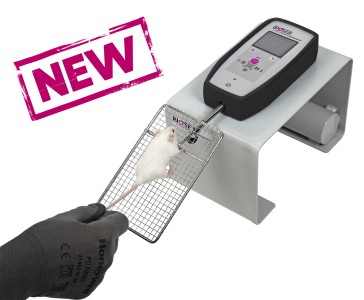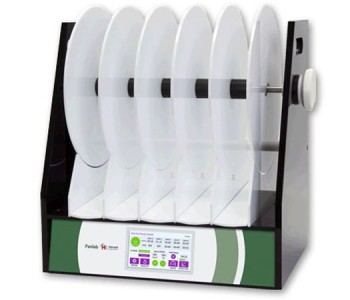Authors
JG Gilet, EL Ivanova, D Trofimova et al
Lab
Institut de Génétique et de Biologie Moléculaire et Cellulaire, Illkirch, France,
Journal
Human Molecular Genetics
Abstract
By using the Cre-mediated genetic switch technology, we were able to successfully generate a conditional knock-in mouse, bearing the KIF2A p.His321Asp missense point variant, identified in a subject with malformations of cortical development. These mice present with neuroanatomical anomalies and microcephaly associated with behavioral deficiencies and susceptibility to epilepsy, correlating with the described human phenotype. Using the flexibility of this model, we investigated RosaCre-, NestinCre- and NexCre-driven expression of the mutation to dissect the pathophysiological mechanisms underlying neurodevelopmental cortical abnormalities. We show that the expression of the p.His321Asp pathogenic variant increases apoptosis and causes abnormal multipolar to bipolar transition in newborn neurons, providing therefore insights to better understand cortical organization and brain growth defects that characterize KIF2A-related human disorders. We further demonstrate that the observed cellular phenotypes are likely to be linked to deficiency in the microtubule depolymerizing function of KIF2A.
BIOSEB Instruments Used
Aron Test or Four Plates Test (LE830),Grip strength test (BIO-GS3),Rotarod (BX-ROD)
Source :
https://academic.oup.com/hmg/article-abstract/29/5/766/5698694?redirectedFrom=fulltext

 Douleur - Allodynie/Hyperalgésie Thermique
Douleur - Allodynie/Hyperalgésie Thermique Douleur - Spontanée - Déficit de Posture
Douleur - Spontanée - Déficit de Posture Douleur - Allodynie/Hyperalgésie Mécanique
Douleur - Allodynie/Hyperalgésie Mécanique Apprentissage/Mémoire - Attention - Addiction
Apprentissage/Mémoire - Attention - Addiction Physiologie & Recherche Respiratoire
Physiologie & Recherche Respiratoire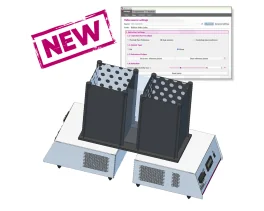











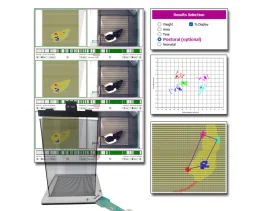














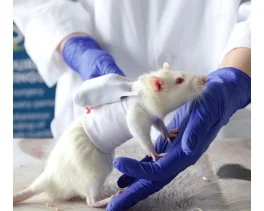









 Douleur
Douleur Système Nerveux Central (SNC)
Système Nerveux Central (SNC)  Neurodégénérescence
Neurodégénérescence Système sensoriel
Système sensoriel Système moteur
Système moteur Troubles de l'humeur
Troubles de l'humeur Autres pathologies
Autres pathologies Système musculaire
Système musculaire Articulations
Articulations Métabolisme
Métabolisme Thématiques transversales
Thématiques transversales Congrès & Meetings
Congrès & Meetings 